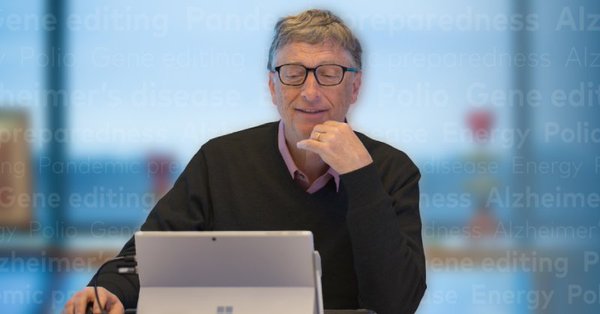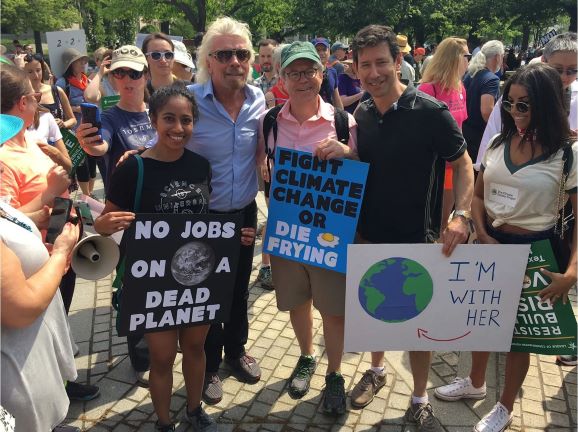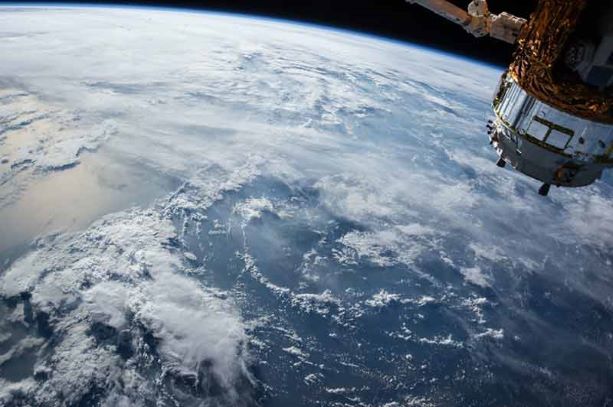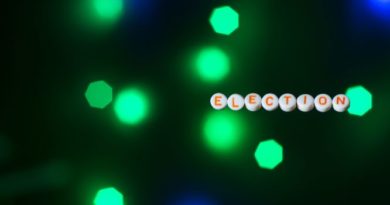India’s Wadhwani AI Picked Among Google’s Challenge Winners
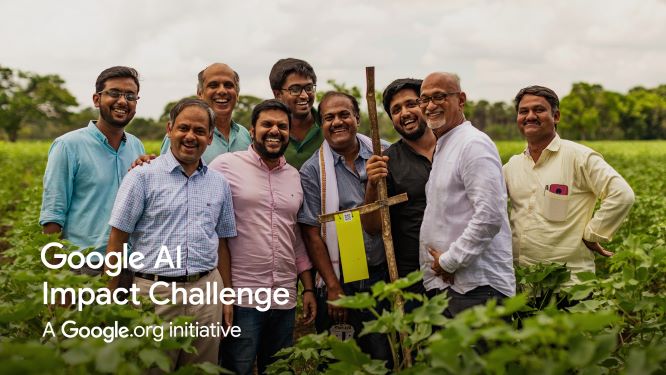
At the Google’s annual I/O conference yesterday (May 7), the tech giant picked an Indian not-for-profit organization called Wadhwani AI, along with 19 other startups from all over the world under a programme which focusses on using AI technology for social good.
Mumbai-based Wadhwani AI uses artificial intelligence in the agricultural sector to prevent crop losses. Wadhwani AI will receive a $2M USD grant to create technologies that will help reduce crop losses in cotton farming, through integrated pest management.
The company will receive this grant from Google.org and is a part of Google’s AI for Social Good programme. Google AI Impact Challenge was held by Google in January 2019 and received 2,602 applications from 119 countries, Google chose these 20 startups “based on feasibility, the potential for impact, scalability and the responsible use of AI”.
Wadhwani Institute uses image recognition to track and analyze pest control efforts, enabling timely and localized intervention to stabilize crop production and reduce pesticide usage. The efforts of the startup are aimed at cotton farmers currently.
Cofounded by Romesh Wadhwani and Sunil Wadhwani in February 2018, the startup has a partnership with the Wish Foundation and the Bill & Melinda Gates Foundation.
Dr. P Anandan, CEO, said, “Wadhwani AI’s mission is to use AI to help improve the lives of the billions of poor and underserved communities throughout the world. Agriculture is one of the critical domains in which we apply our efforts. We are grateful to Google and delighted to have their support and the benefit of their deep expertise and experience in developing AI solutions at scale.”
Members of the Wadhwani AI team will travel to San Francisco next week for five days joining AI experts from Google. Google’s Launchpad Accelerator will last for six months starting May. Developing their own objectives and key results, the startups will be under a timeline and have a Google expert who will mentor them and guide them through their journey.
Other selected winners of the Google AI Challenge are:
- American University of Beirut is developing a tool that farmers in the Middle East and Africa can use to irrigate fields at the optimum times to save water.
- At Colegio Mayor de Nuestra Señora del Rosario, a university in Colombia, researchers will use satellite images to detect illegal mines that are polluting community drinking water.
- An Indonesian organization called Gringgo, which builds tech to fight the country’s plastic waste problem, uses image recognition in an app for informal waste collectors, who can learn where to sell recyclables to make more money.
- In Uganda, the computer science department at Makerere University is using machine learning on data from low-cost pollution sensors attached to motorcycle taxis to track and forecast air pollution.
- Rainforest Connection uses acoustic monitors and AI analysis to detect signs of illegal logging in rainforests–like the sound of chainsaws or trucks–and then sends real-time alerts.
- WattTime will use satellite images and image processing algorithms to monitor emissions from power plants.

